
To celebrate the Day of Hungarian Football, here is our list of the 25 greatest Hungarian footballers of all time, featuring Ferenc Puskás, Dominik Szoboszlai, Hungary’s only Ballon d’Or winner Flórián Albert, and many more legendary players.
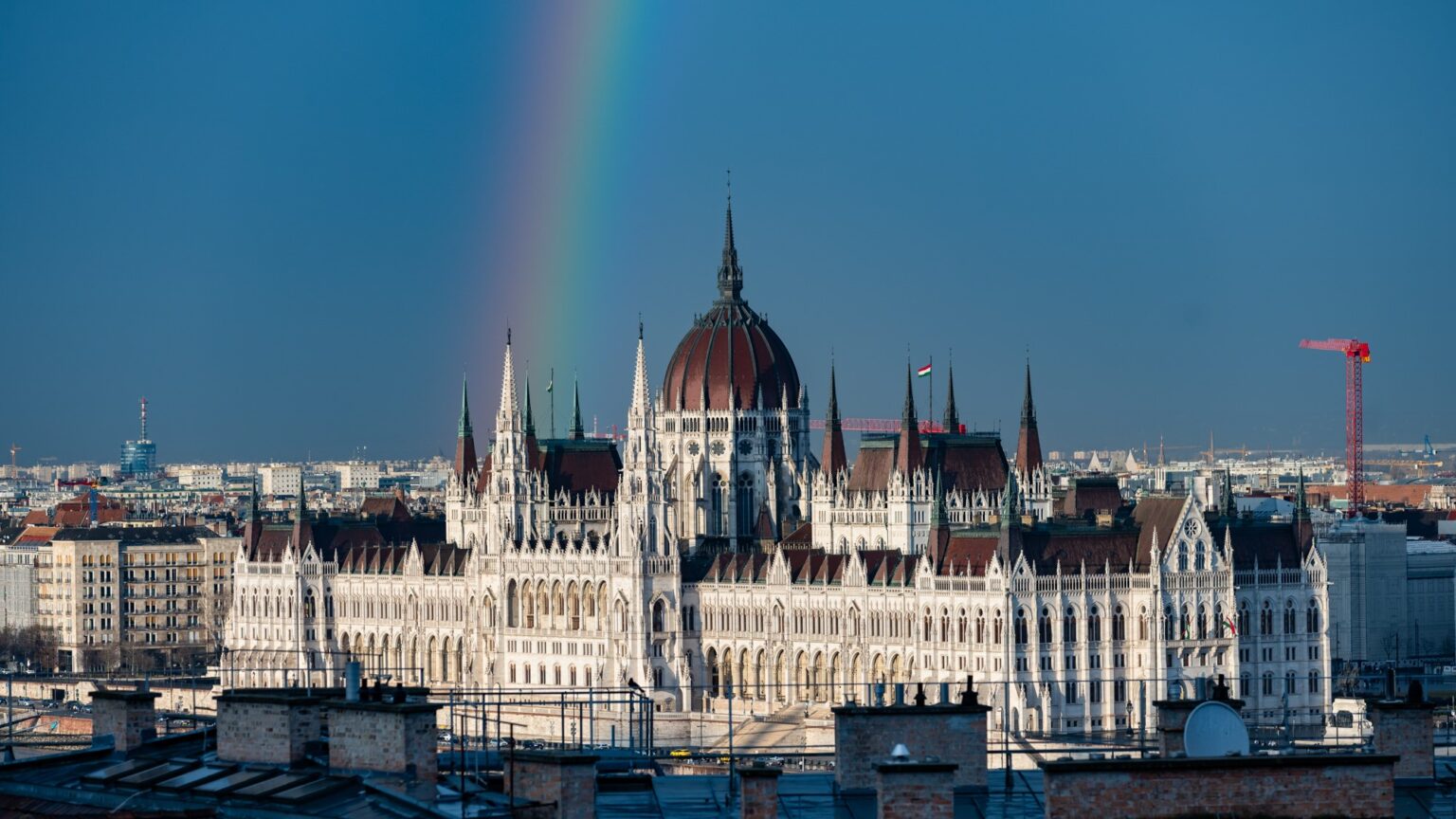
Hungary’s economic mood continued to improve in November, according to Századvég’s latest survey. Both households and companies reported stronger expectations, bringing confidence indicators to their best levels in more than three years despite ongoing geopolitical uncertainties.
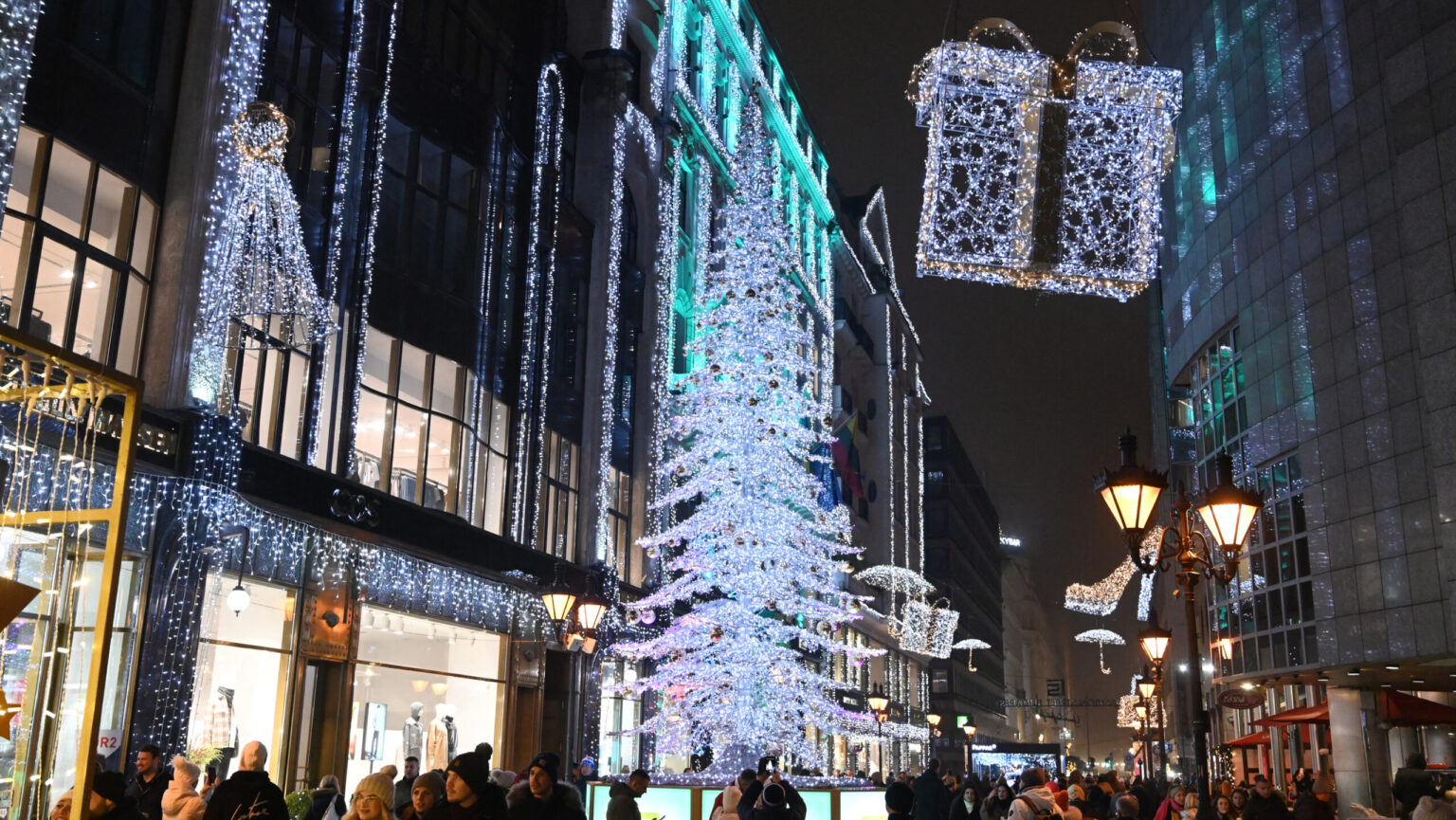
Prime Minister Viktor Orbán is promoting Hungary as Europe’s safest Christmas destination in a new video posted on X. Inviting tourists to ‘experience Europe the way it should be,’ he also stressed that Hungary pays a daily €1 million fine for not opening its borders to illegal migrants.

15 schools across Hungary have received 220 refurbished laptops optimized for digital learning from the 4iG Foundation for a Digital Society, offering thousands of students new opportunities to develop digital skills and launch innovative projects.
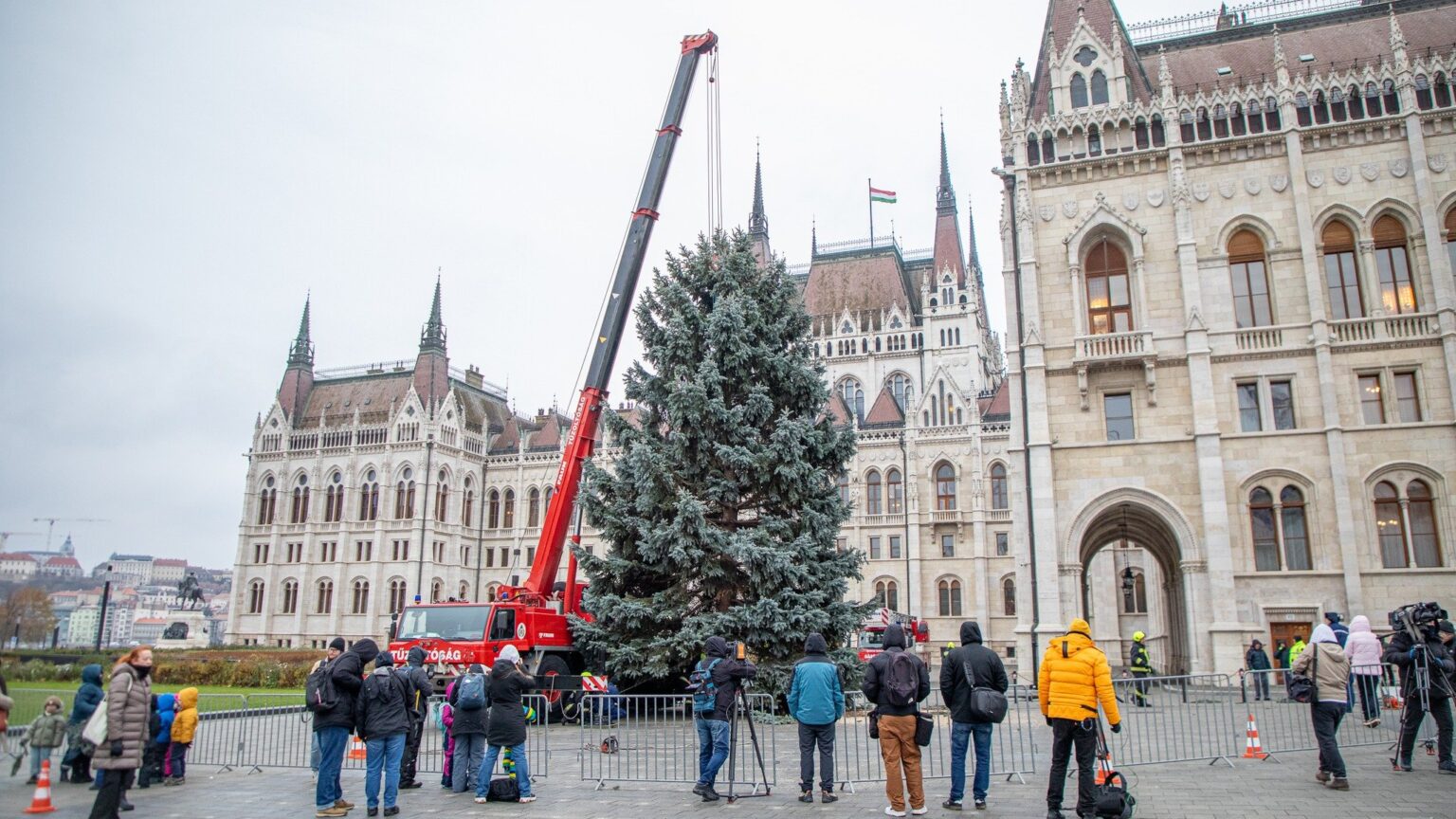
Hungary’s festive season officially began in Ibrány, where this year’s national Christmas tree—an impressive 23-metre silver fir—was cut and sent on its way to Budapest. The giant tree reached Kossuth Square on Monday, where it will soon become the focal point of the capital’s Advent celebrations.
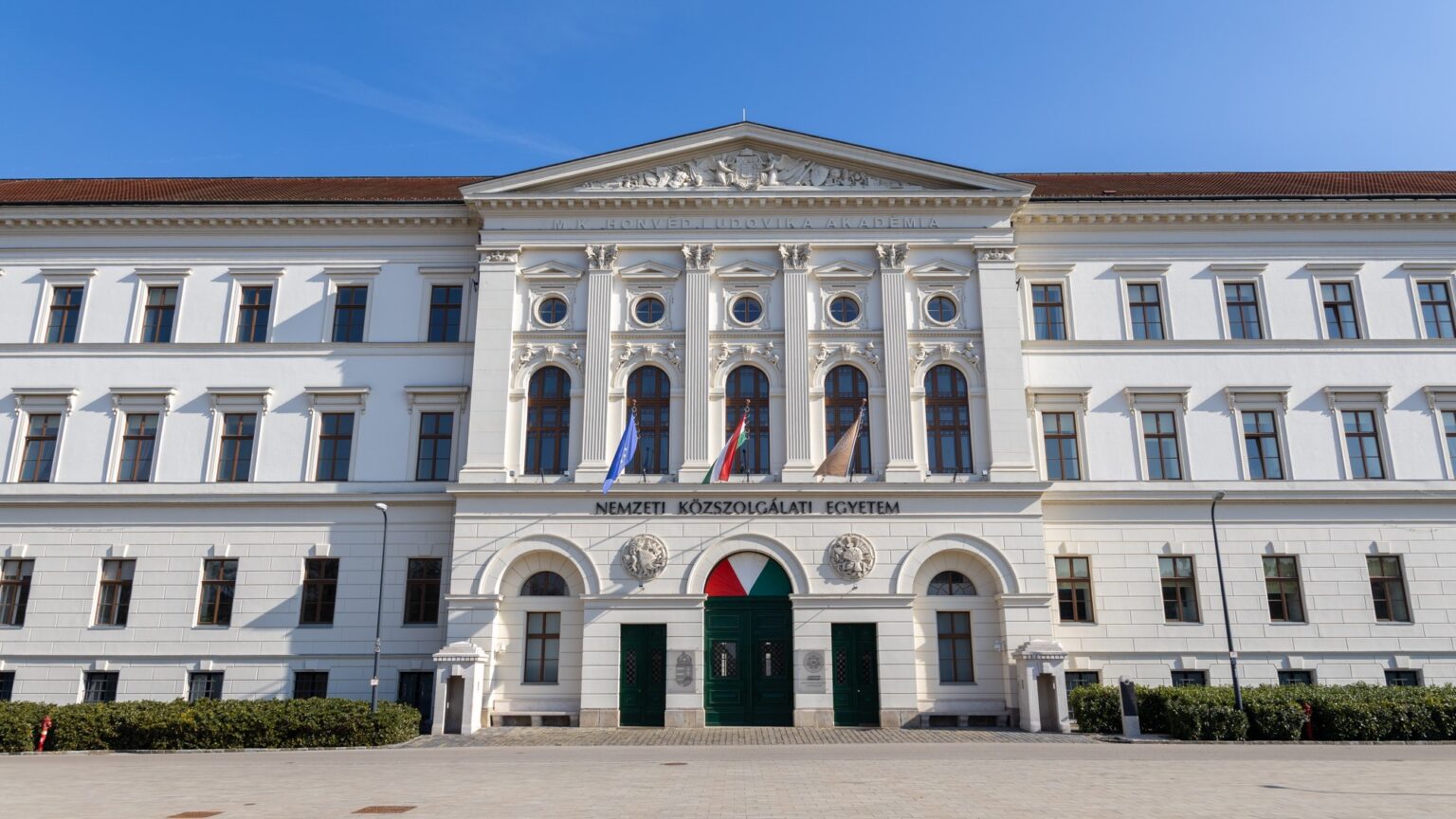
Hungary will not support the EU’s new Erasmus strategy until Hungarian students and researchers regain access to Erasmus and Horizon programmes, Minister Balázs Hankó said, calling their exclusion unlawful and politically motivated.
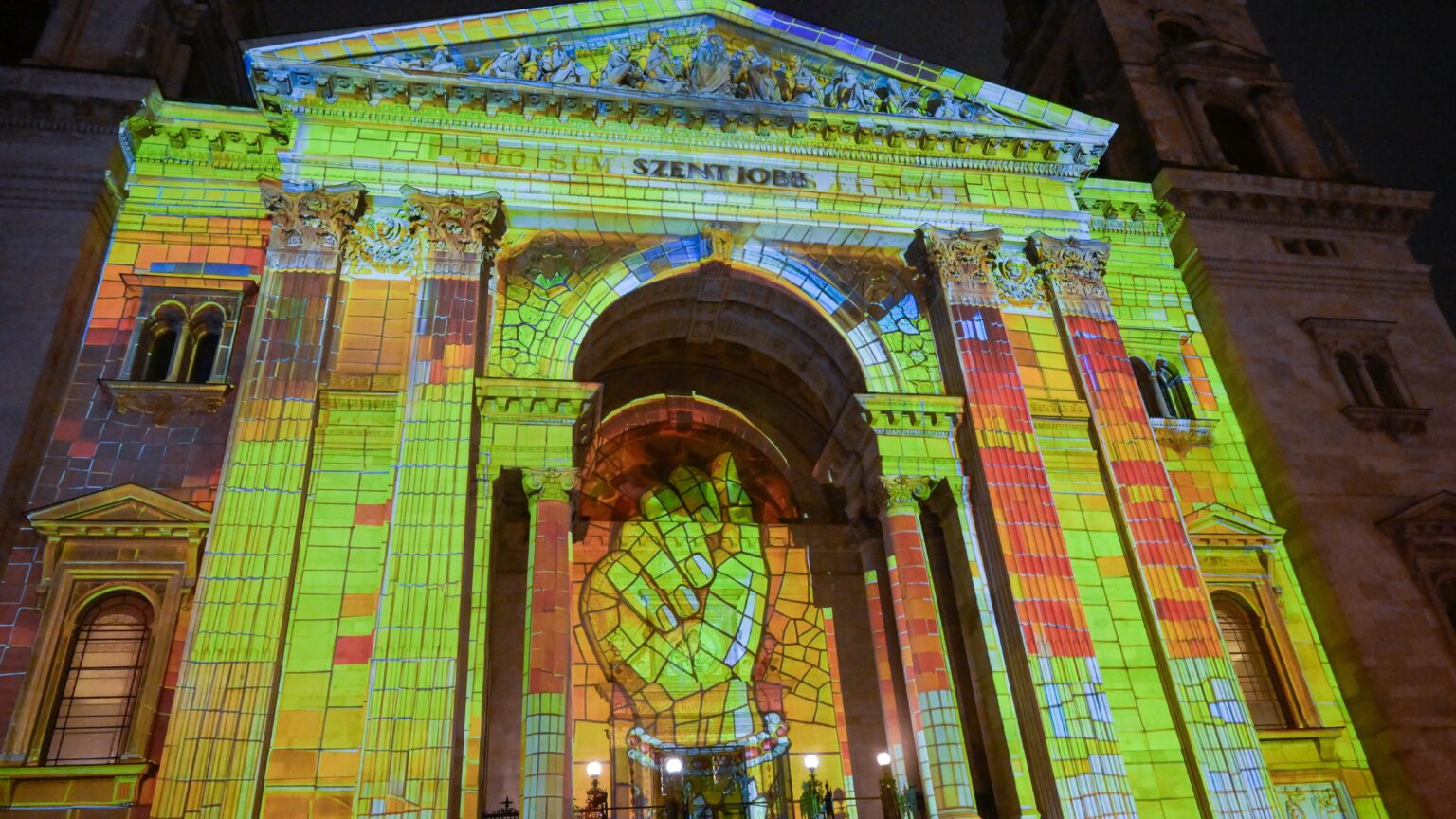
Budapest celebrated the 120th anniversary of the consecration of St Stephen’s Basilica with a light show, a festive mass, and a concert. Cardinal Péter Erdő highlighted that the basilica’s history reflects a path shaped by divine providence.
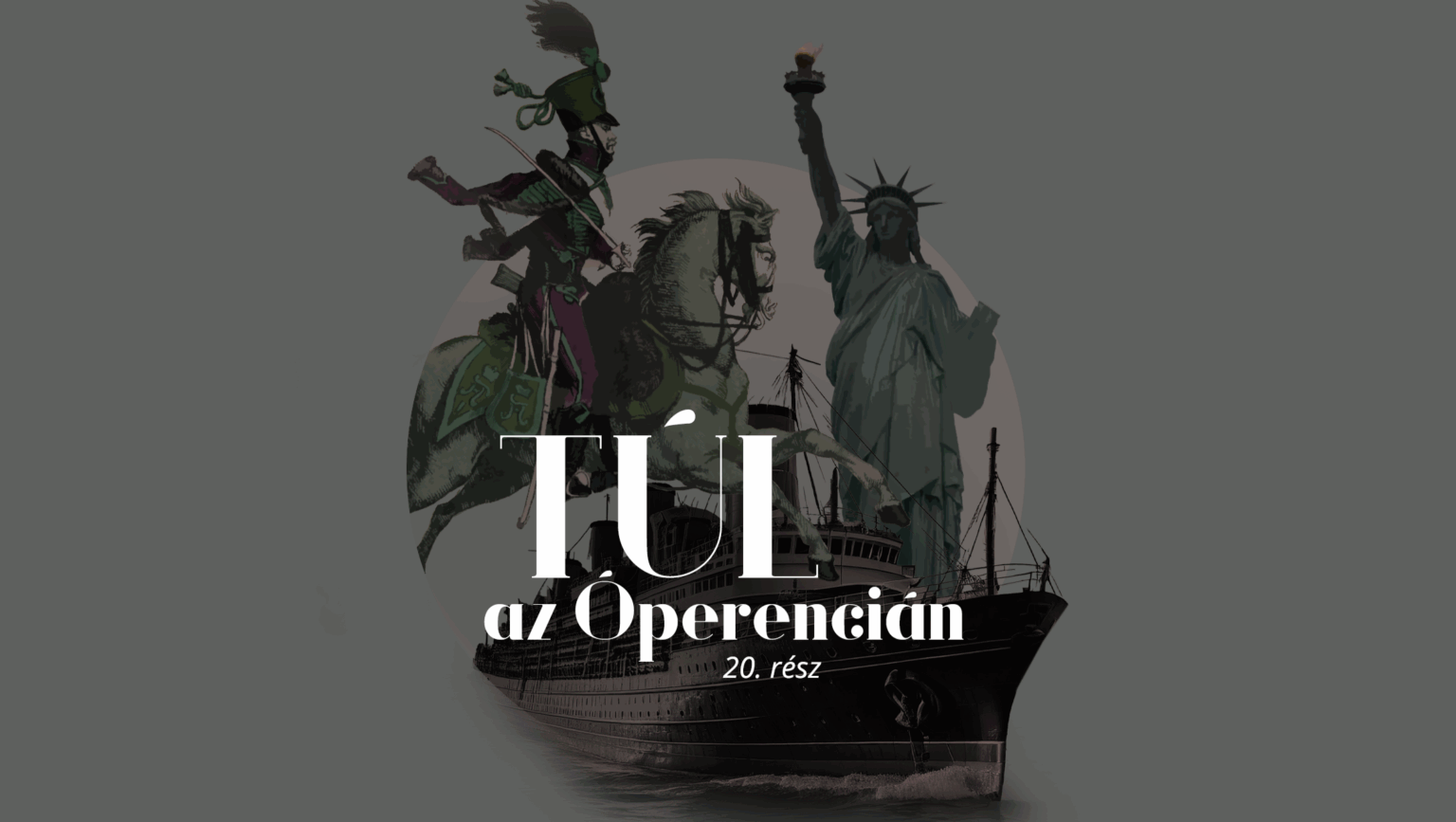
In its ‘Beyond the Óperencia’ series, Magyar Krónika is looking at the meeting points of America and Hungary, and at Hungarians in America, from penniless peasants to political emigrants and soldiers of fortune. In this section, let us introduce a mysterious woman who spent perhaps the most beautiful period of her overall tragic life overseas.
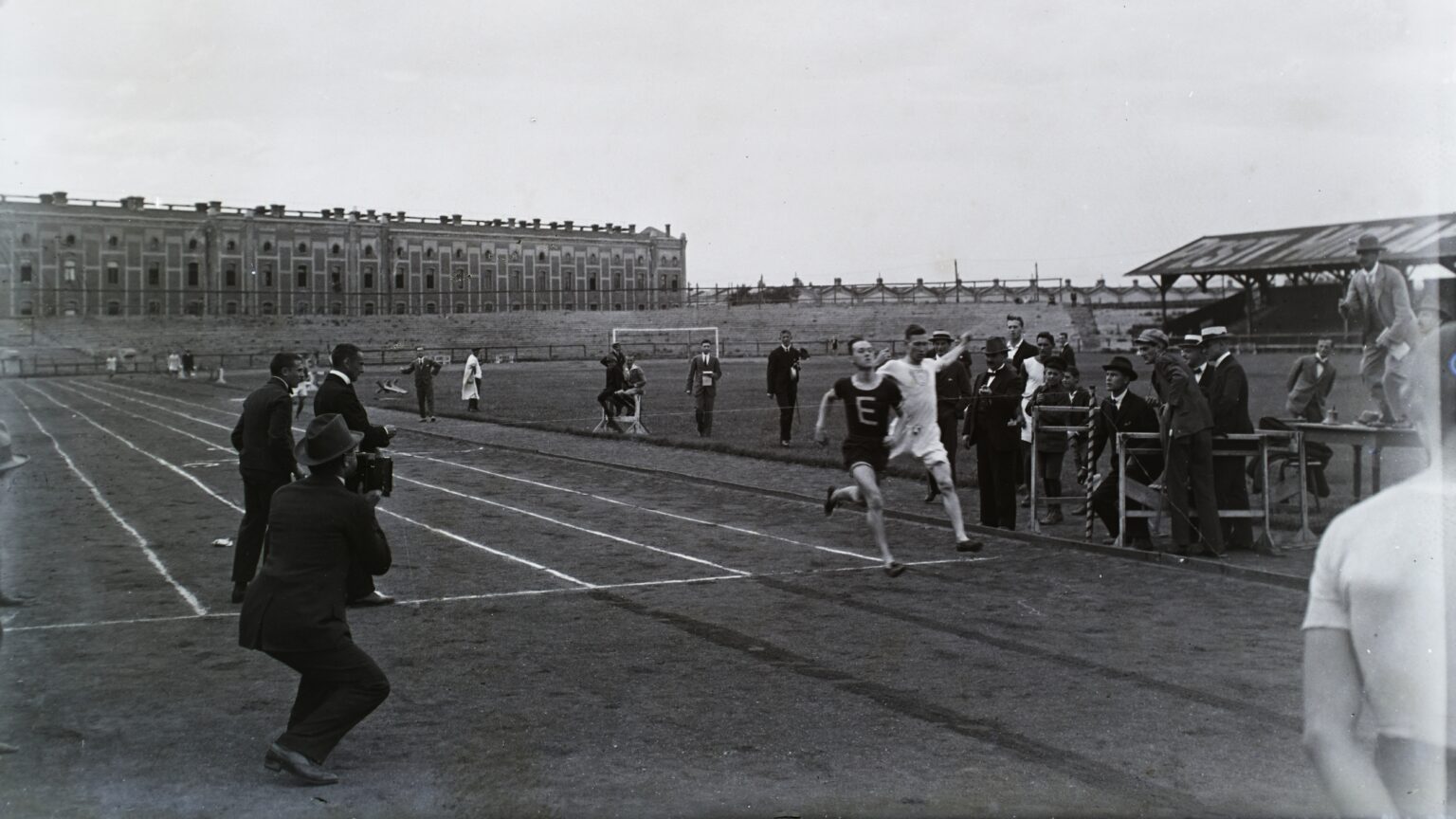
‘The White Terror was largely a series of events in the countryside, and although atrocities and murders did occur in Budapest as well, these were not characteristic of the 1st District. Nevertheless, at least one murder is known to have taken place in the 1st District, specifically in the Nándor Barracks on Kapisztrán Square…’
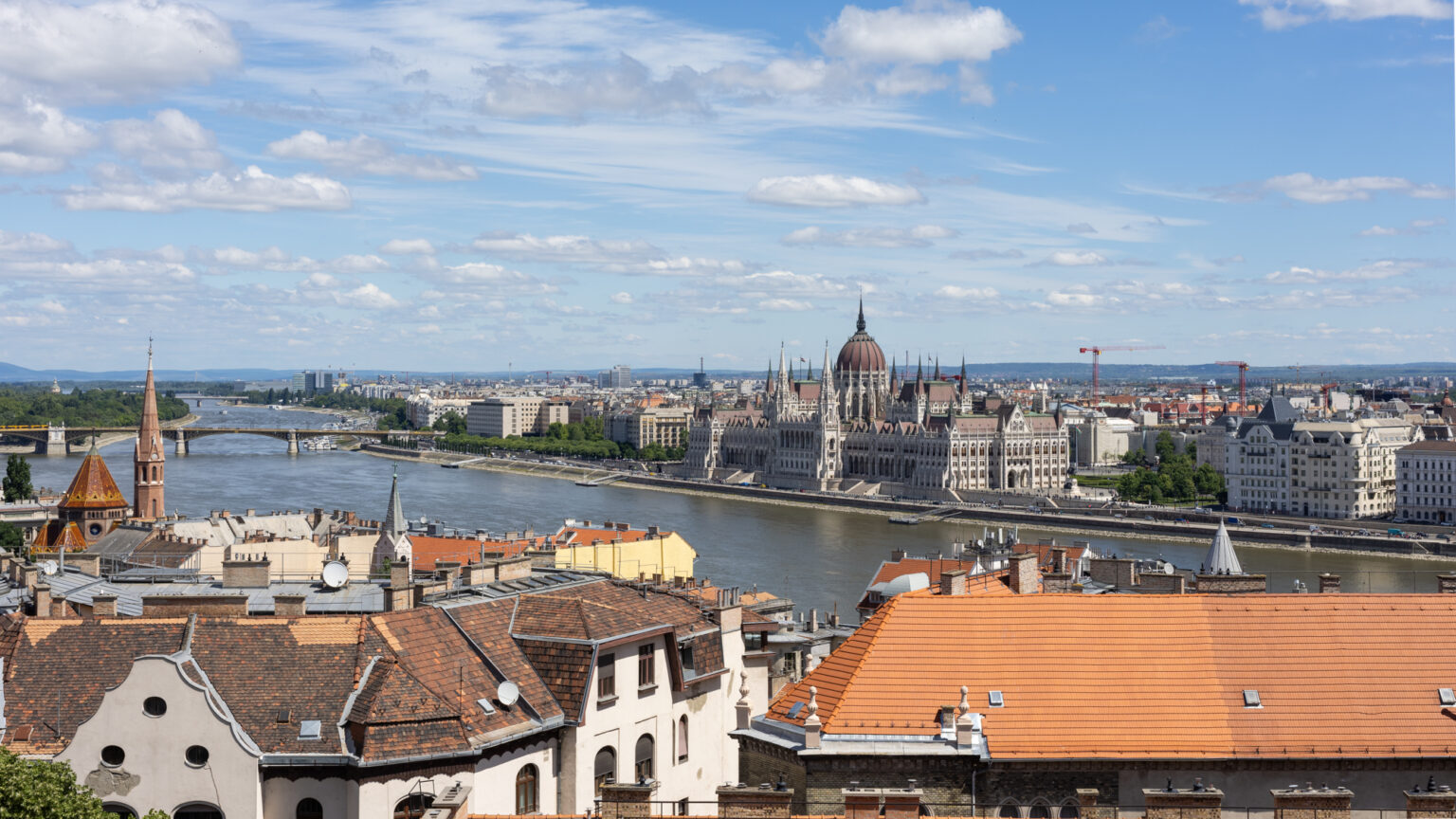
‘The damage is done. Most viewers will swallow the caricature without a second thought, file ‘Hungary = corrupt chaos’ into their mental map of Europe, and never realize they’ve been fed quiet propaganda dressed as entertainment. Beautiful Budapest didn’t deserve the smear. And the audience didn’t deserve the lie.’
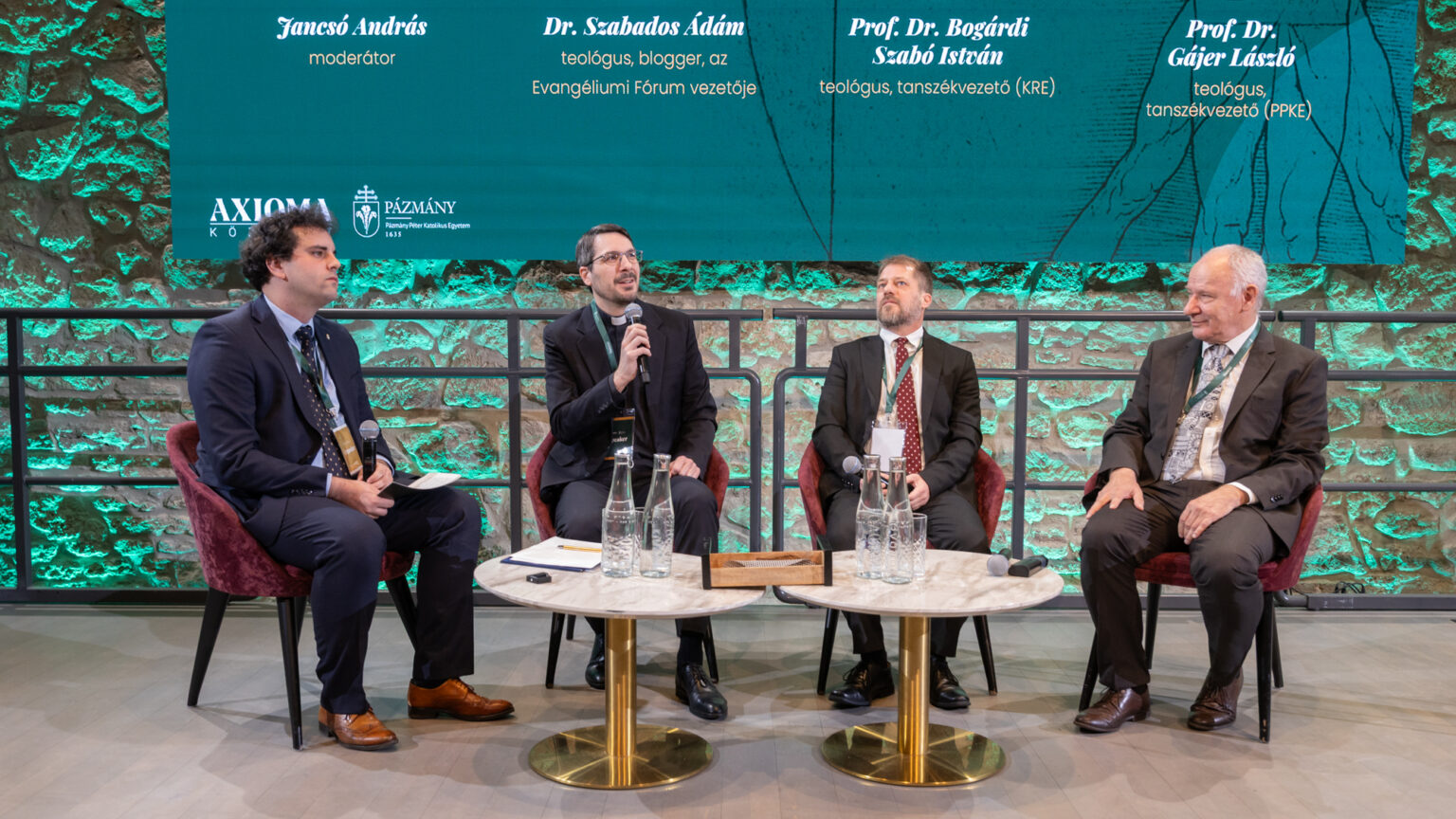
The Axioma Center’s Budapest conference What Does It Mean to Be Human? explored Christian perspectives on human nature. Speakers such as Dr László Gájer and Bishop Dr István Bogárdi Szabó reflected on intelligence, freedom, and the body–soul relationship, stressing humanity’s God-given dignity and the enduring quest to understand our place in creation.
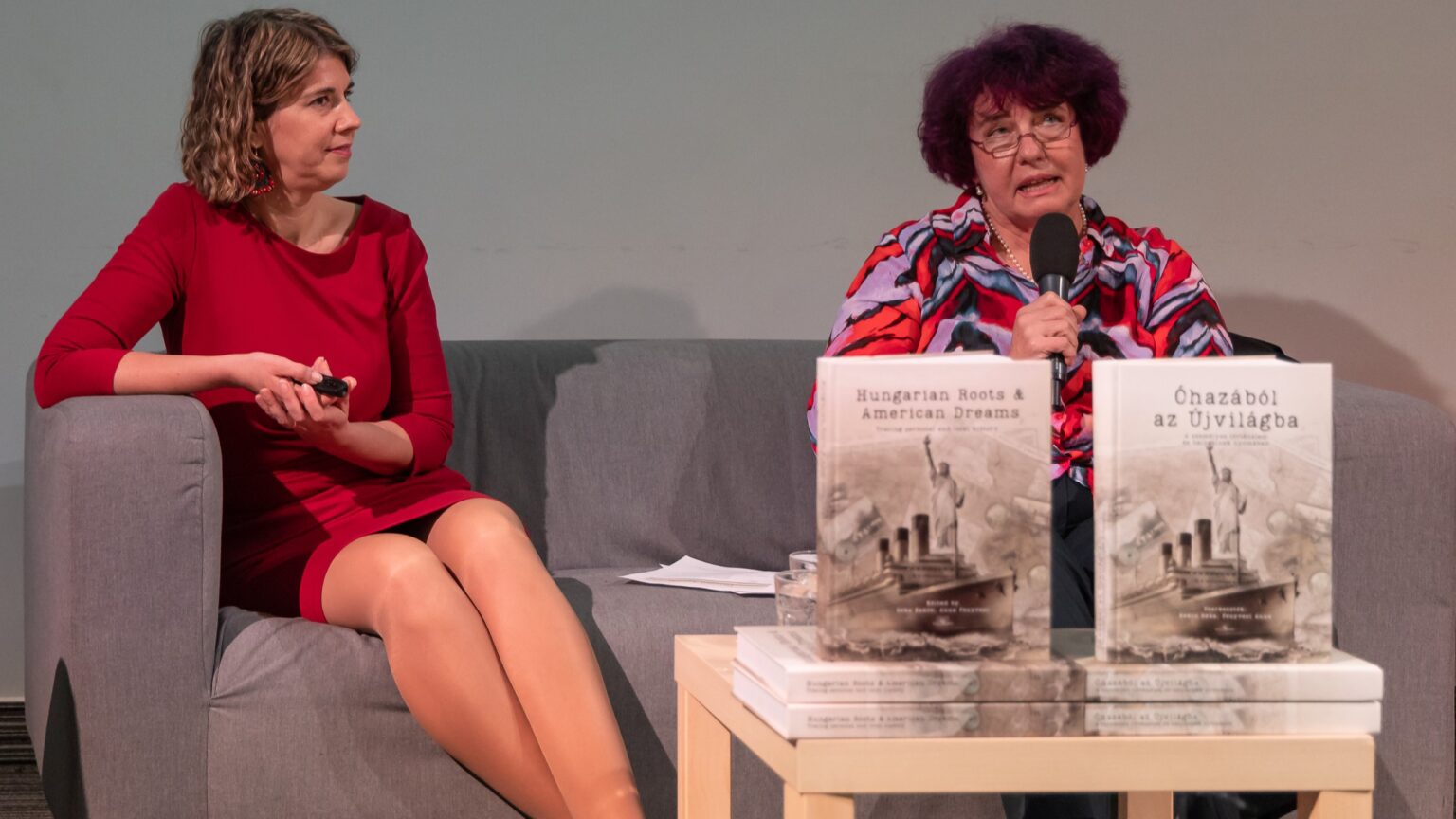
‘The books primarily focus on the U.S. and represent a “beautiful and high-quality imprint” of the Hungarian diaspora there…the project could be continued to include Hungarians living on other continents, and these works should reach every Hungarian community.’

‘Joint exercises and trust-building ensure that every inch of NATO territory, as well as each country’s own borders, can be defended.’

Budapest’s housing market is shifting as mid-range districts gain traction and traditionally expensive Buda areas lose momentum. The trend is driven by the Otthon Start programme and new Airbnb restrictions, according to fresh data from Duna House.

Hungarian–American relations have reached a new peak, officials said at a panel on the Washington summit between Donald Trump and Viktor Orbán. Speakers, including Robert Palladino and State Secretary Levente Magyar, argued that ties are now driven by shared interests, concrete results, and a renewed focus on sovereignty, family policy, and long-term cooperation.
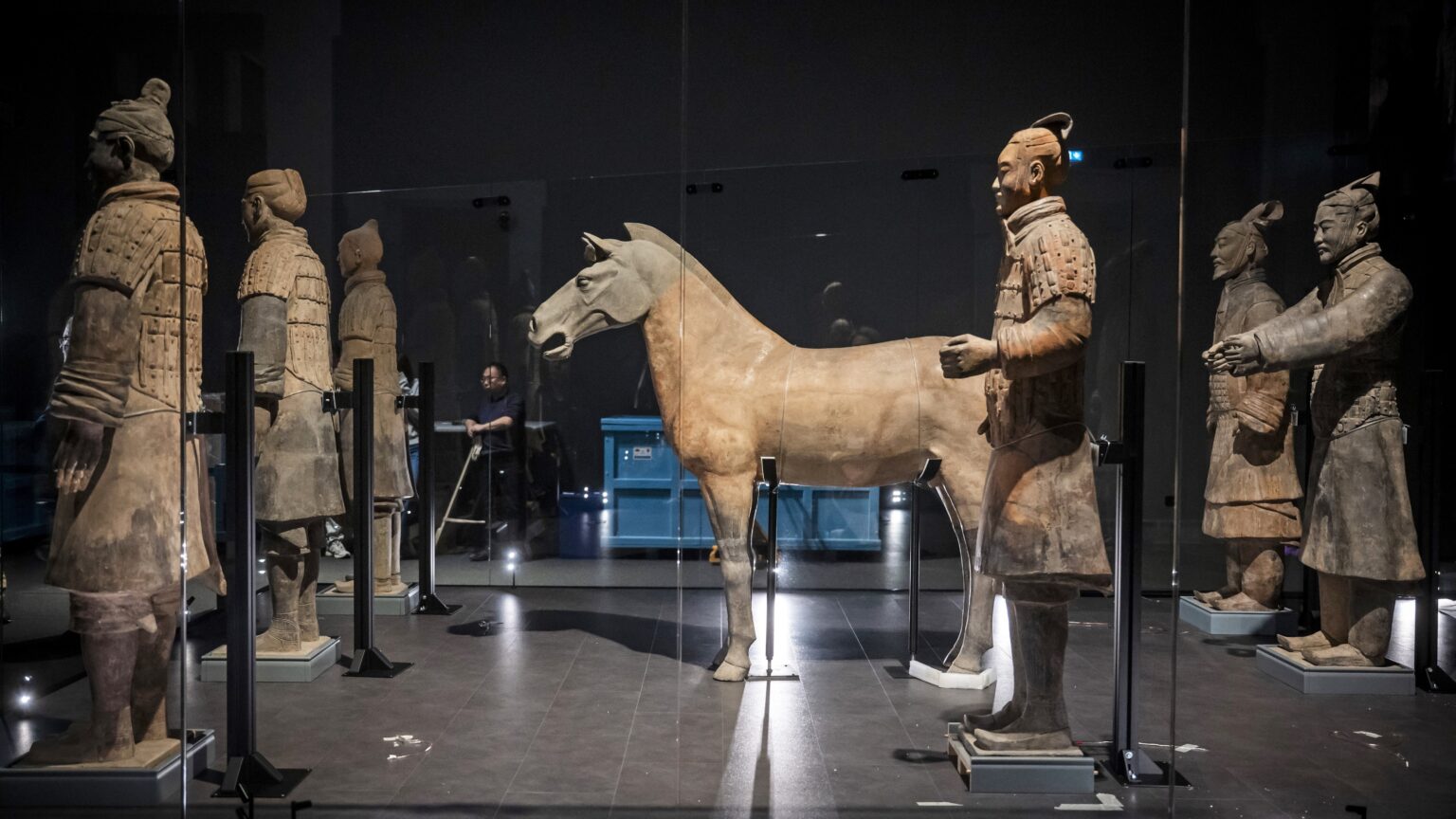
The first terracotta warriors have arrived in Budapest for the Museum of Fine Arts’ major new exhibition, Guardians of Eternity, opening in late November. The large-scale show, unprecedented in Central Europe in 25 years, will feature original artefacts from China’s First Emperor.
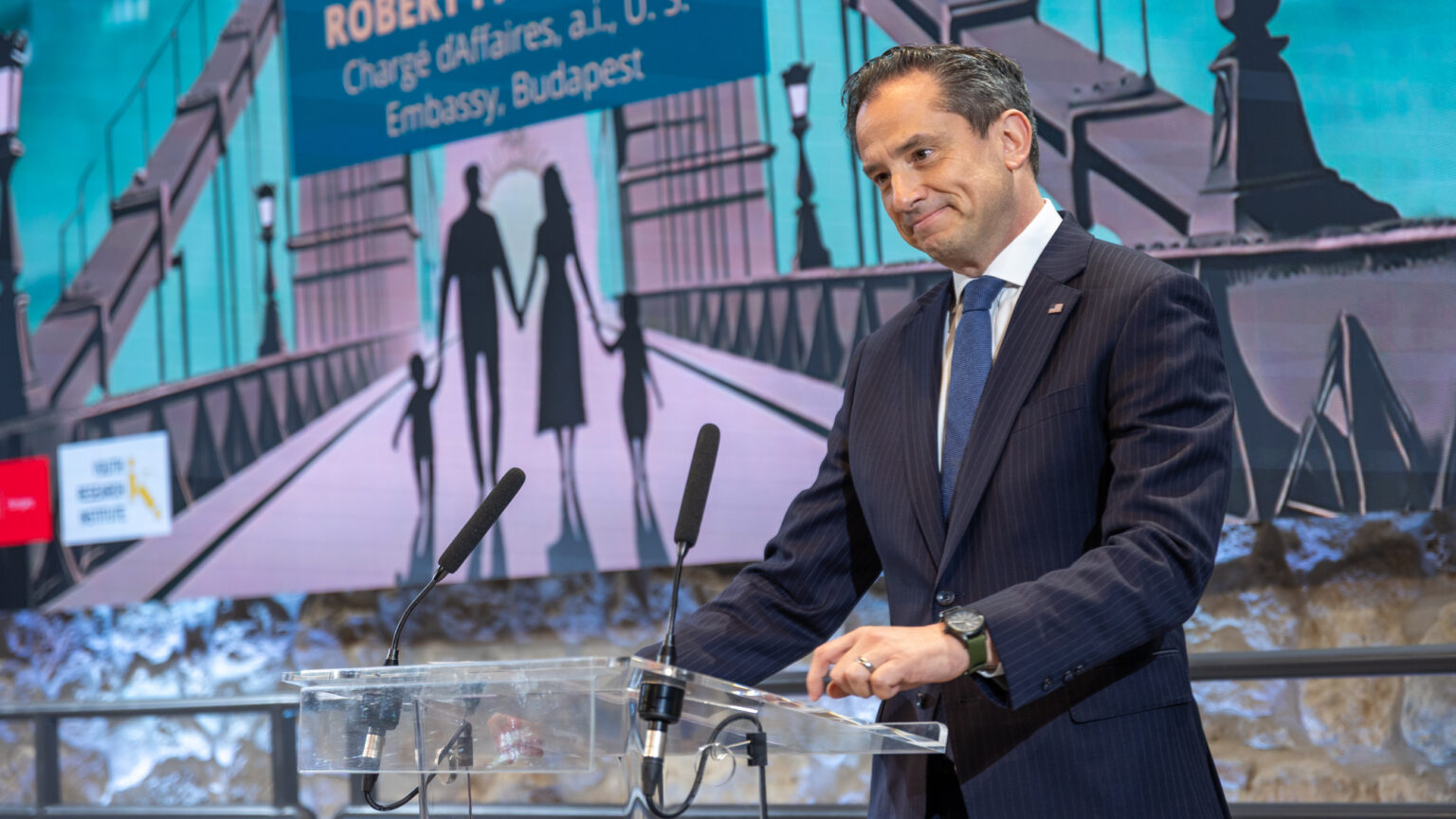
Robert Palladino’s tenure as Chargé d’Affaires in Budapest is ending as Ambassador-designate Benjamin Landa prepares to take over. Bryan Leib praised Palladino’s professionalism and his efforts to strengthen the US–Hungary alliance in a heartfelt farewell message on X.
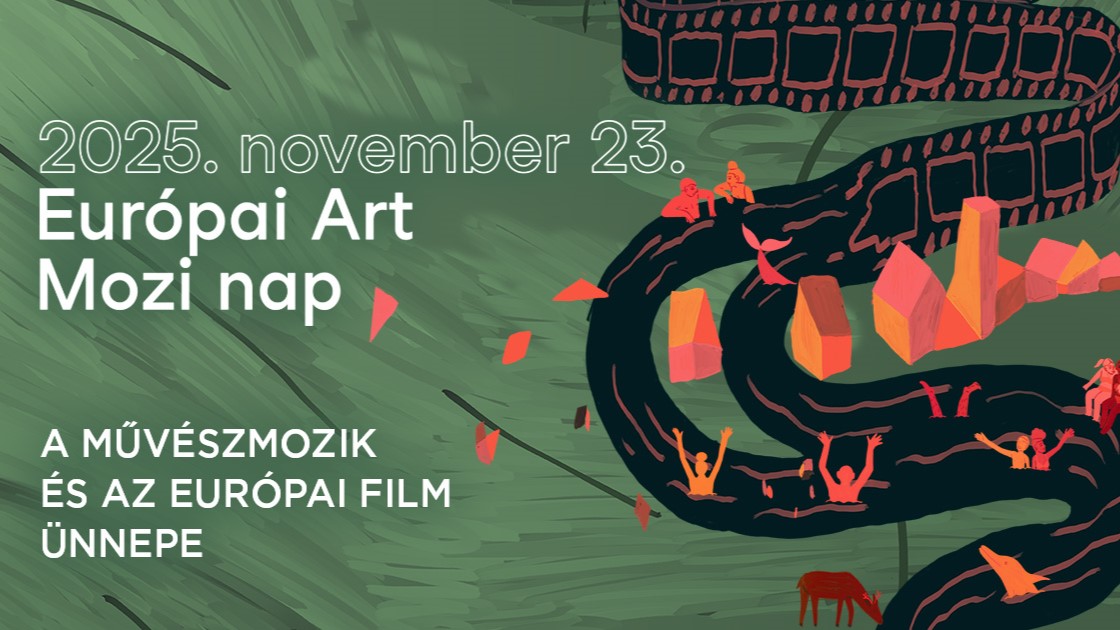
More than 100 screenings, including festival award contenders and two Hungarian premieres, will be held across 27 art cinemas nationwide this Sunday as Hungary joins the 10th European Arthouse Cinema Day, organizers announced on Wednesday.

A new AI-based vision model developed by researchers at the HUN-REN Wigner Research Centre for Physics could advance the understanding of brain function while making machine vision systems more accurate and reliable, the institute announced on Tuesday.
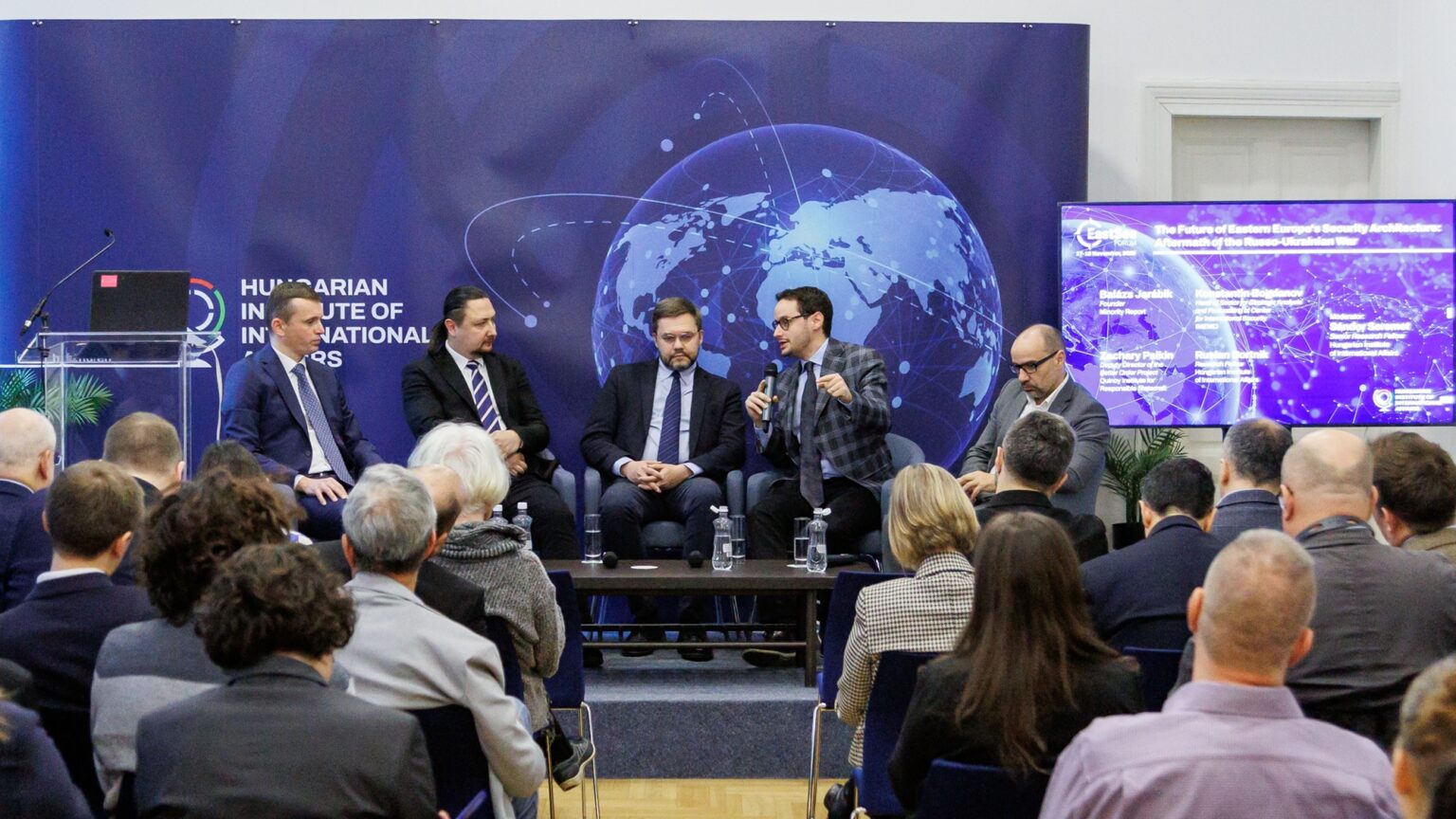
The Hungarian Institute of International Affairs’ first EastSec Forum examined Europe’s shifting security landscape amid the Russo–Ukrainian war. Speakers, including HIIA President Gladden J Pappin and Zachary Paikin of the Quincy Institute, stressed Hungary’s growing mediating role, the collapse of post–Cold War security structures, and the need to rebuild guarantees for lasting peace.

Mathias Corvinus Collegium hosted a major conference in Budapest on the global drug epidemic, warning that the narcotics industry, backed by vast networks, is undermining communities. Experts stressed prevention, youth protection, and international cooperation as key to resisting drug normalization and crime.
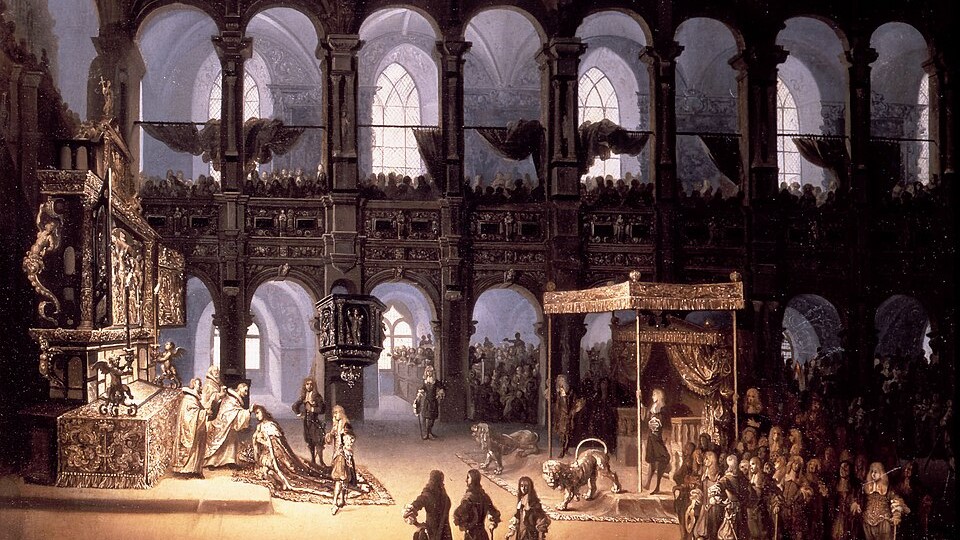
‘Since the masses are easily manipulated, democracy is the natural breeding ground for demagogues, and a straight path leads from it to totalitarianism.’

Hungary’s upcoming war drama Dragons over Kabul uses an unprecedented scale of CGI to recreate the 2021 Kabul evacuation mission. The filmmakers say the production aims to honour the dedication, courage and sacrifice of Hungarian soldiers.
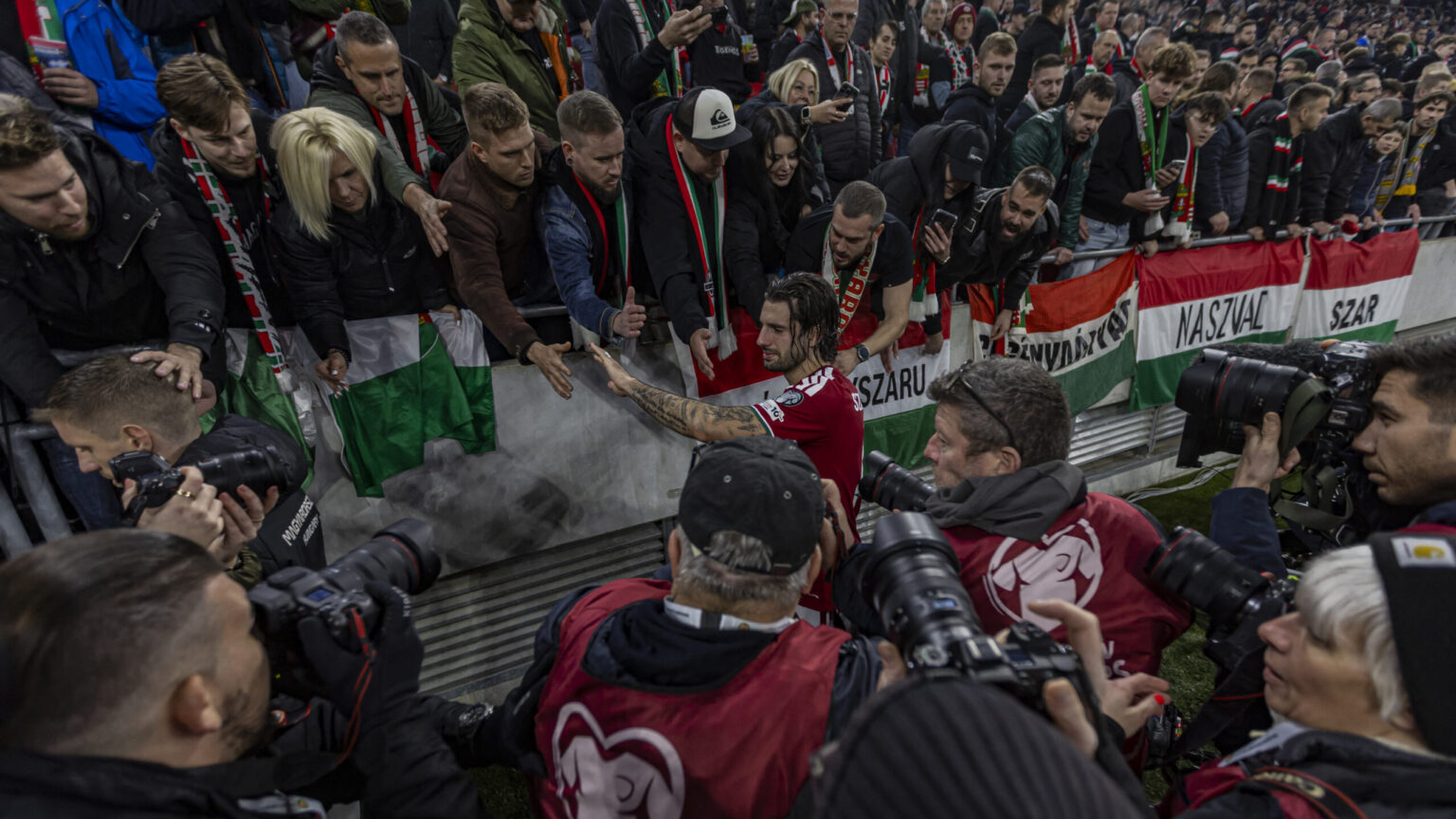
‘Football would not be the world’s number one sport if it did not carry that unique emotional charge. And often, it is heartbreakingly unfair—for us Hungarians, perhaps more often than for others…We may indeed have to forget about the World Cup for generations…And we will continue to believe that one day Hungary will return to where it belongs: among the greatest football nations of history.’
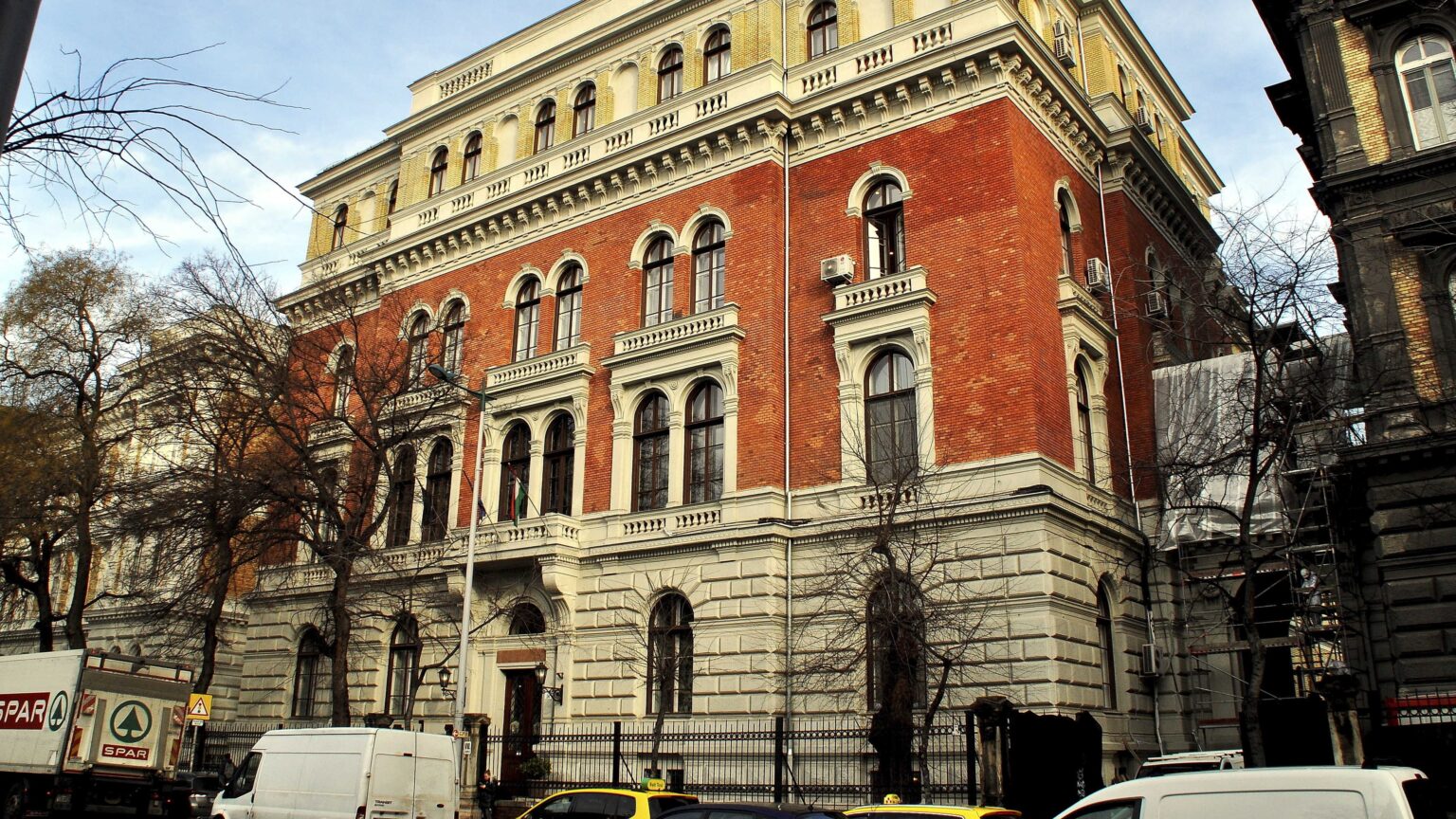
Semmelweis University has been named Central Europe’s top institution, and Hungary aims to elevate it into the ranks of Europe’s and the world’s leading universities, officials said at the opening of the university’s new Diagnostic and Therapeutic Centre in Budapest.

Hungarian film Landslide (Földindulás), directed by Zsolt Pozsgai, has taken home the Best Drama award at France’s prestigious Red Movie Awards, with Irén Bordán and Gábor Koncz earning the festival’s special prize for Best Lead Pair. The digitally restored 2014 production continues its international success after winning top prizes worldwide.

The newly established JATE Awards—founded by Nobel laureate Katalin Karikó—were presented for the first time at a gala at the University of Szeged. Honorees included literary historian Mihály Ilia, chemistry professor Ágota Tóth and medical researcher Márton Simon Czikkely.
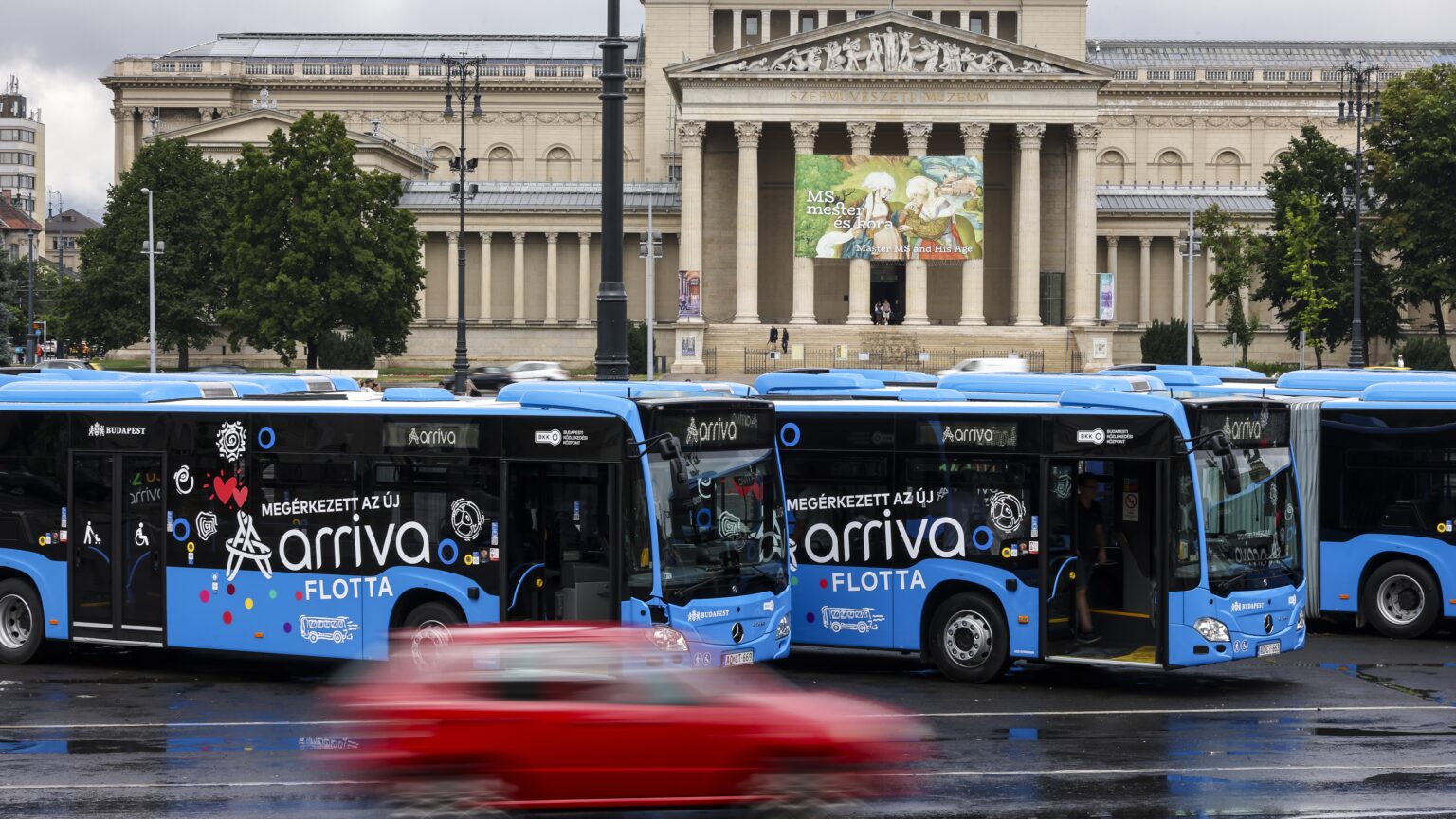
Budapest launches test runs for its new electric bus fleet on Monday, with the vehicles expected to enter regular service earlier than planned, already in early December. The rollout marks a major step toward expanding electric transport across the city.
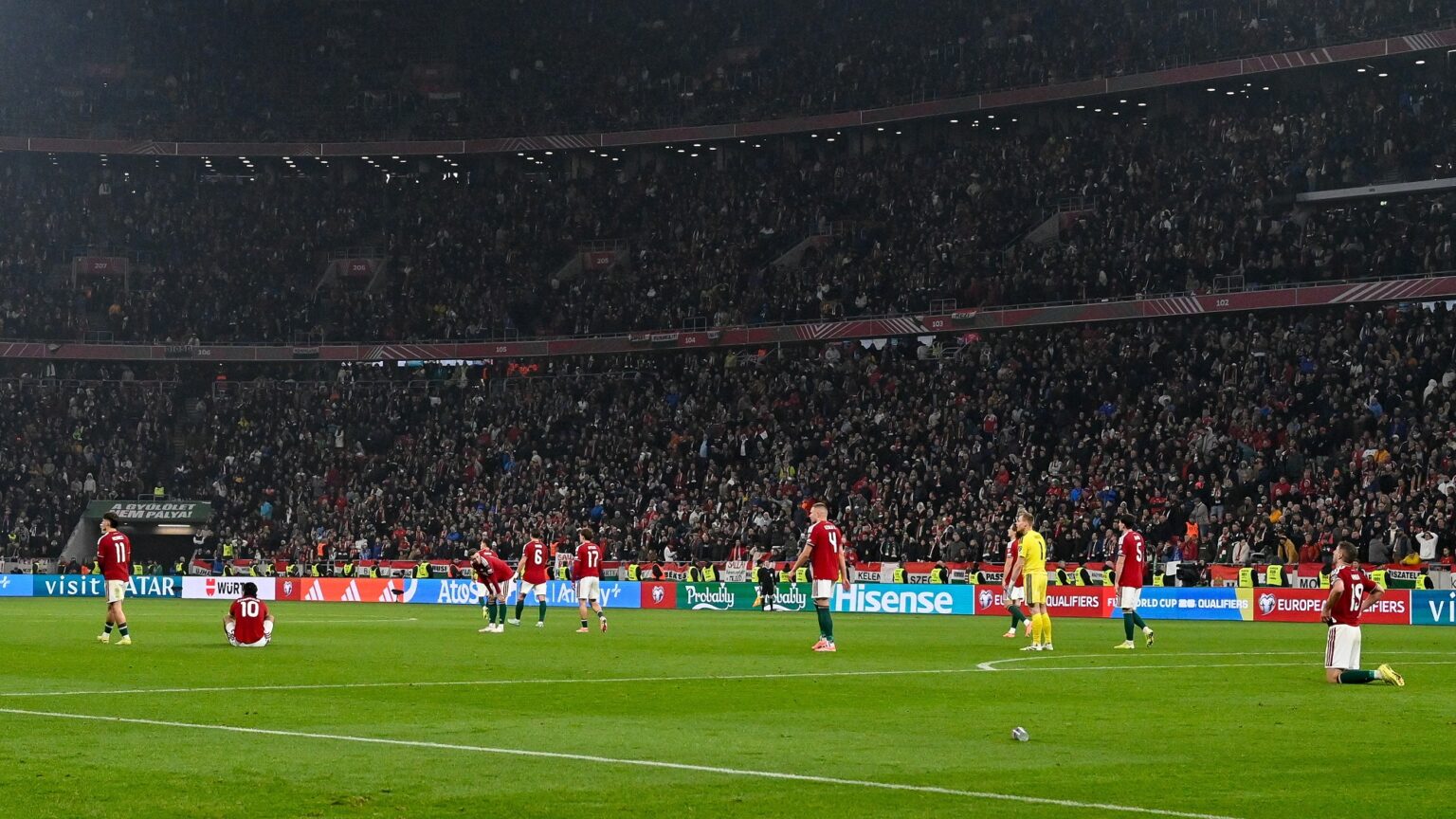
Despite only needing a tie and even taking an early lead, Hungary lost to Ireland 3–2 at home and thus failed to advance to the World Cup qualifier play-offs. Troy Parrott became a bona fide football hero for his nation with a hat-trick against the Hungarians, after also scoring two against Portugal in the previous round.

The first Academy Awards ceremony was held in Hollywood on 16 May 1929, at the Roosevelt Hotel. With an obvious bias, in this article Magyar Krónika recalls the acceptance speeches of the Hungarian winners.